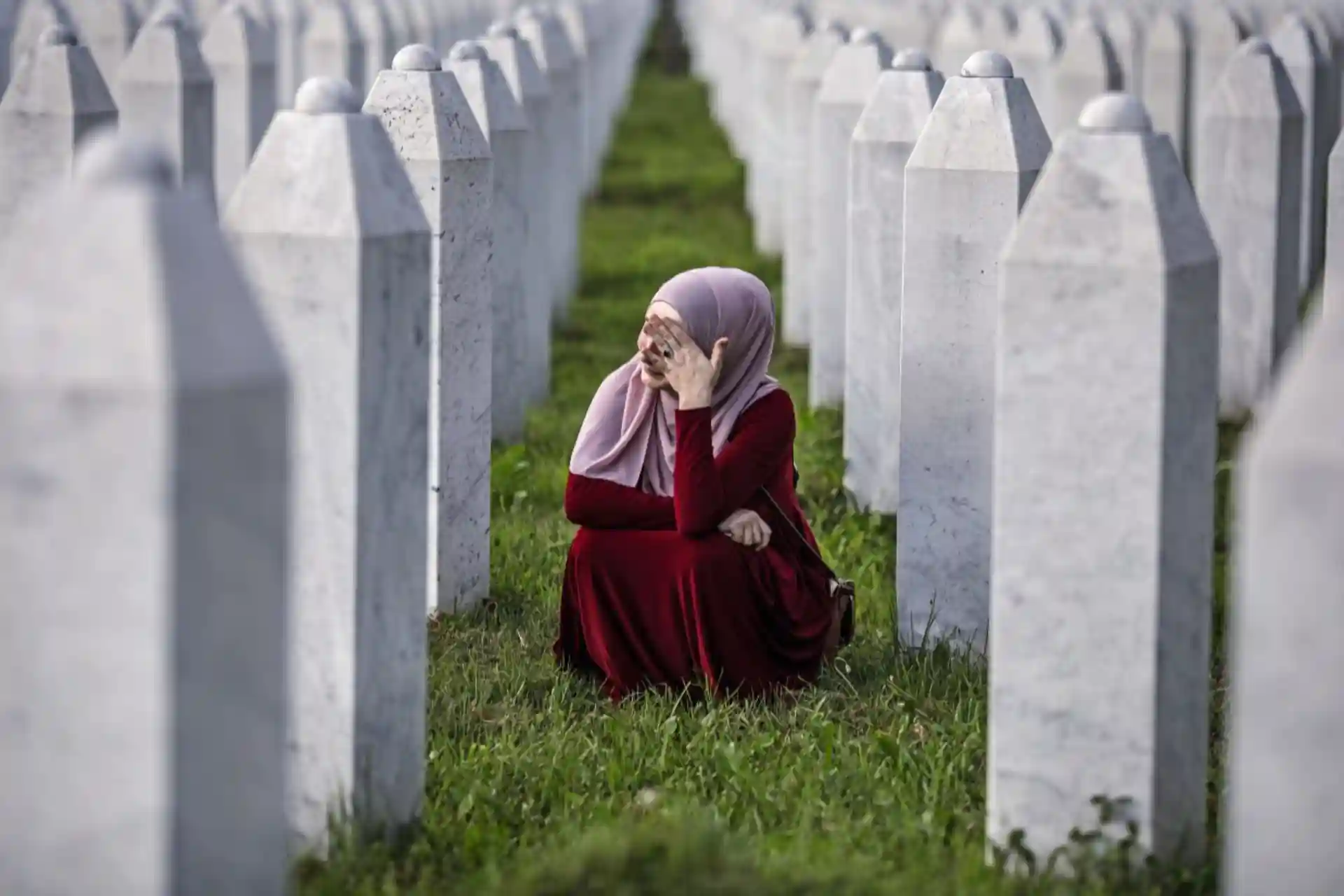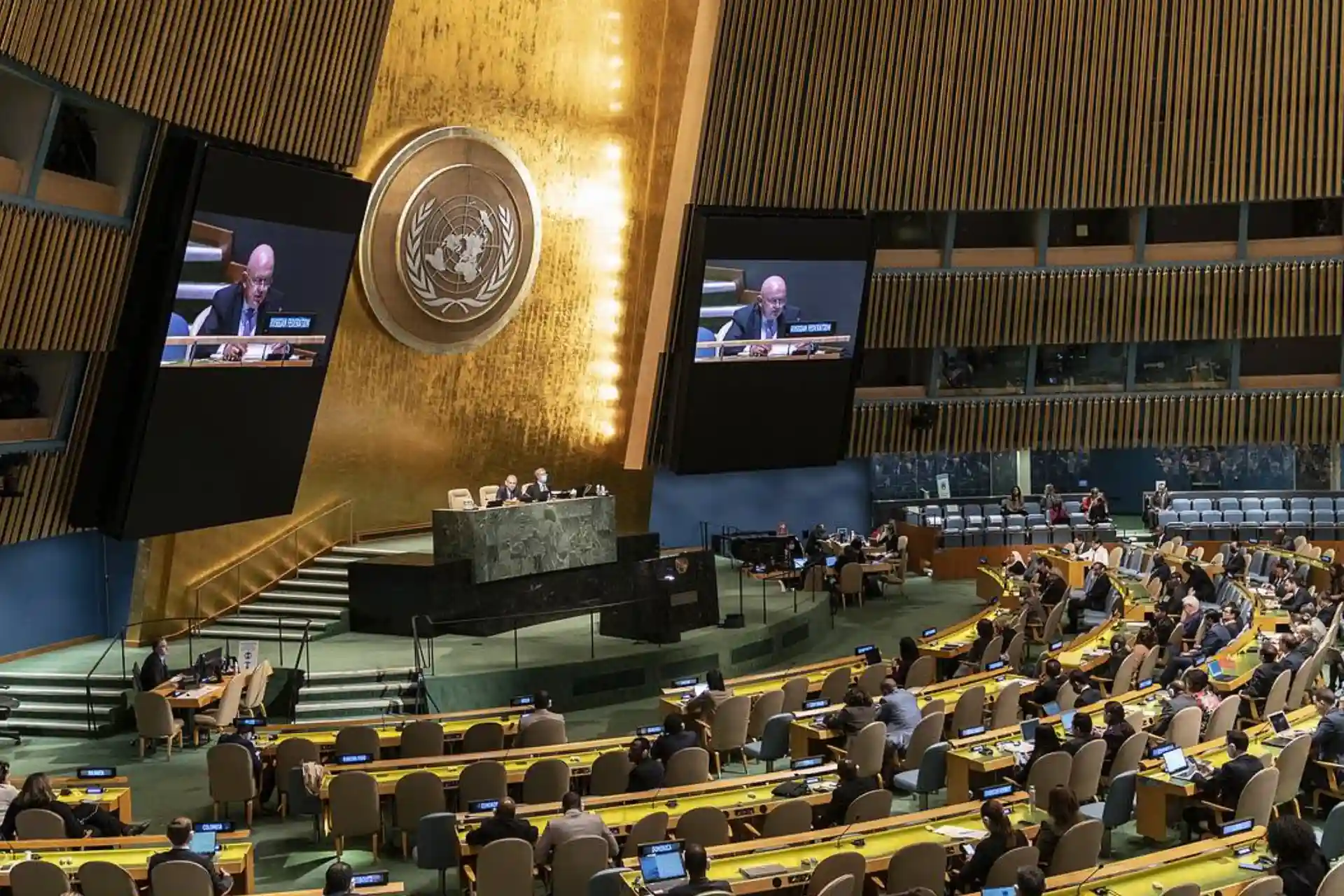24.05.2024 10:13
2777
The UN recognized the events in Srebrenica as genocide in 1995
The UN General Assembly passed a resolution in 1995 recognizing the events in Srebrenica as genocide and designating July 11 as the Day of Remembrance for the Victims of the Bosnian Muslim Genocide. More than 8,000 Bosnians were killed in the genocide, which began after Bosnian Serb forces attacked Srebrenica, a UN-designated "safe area". Their bodies were found in 570 different areas of the country and the search continues to this day.
The United Nations General Assembly adopted a resolution to commemorate the genocide in Srebrenica, Bosnia and Herzegovina on July 11, 1995 as an international day of remembrance. 84 representatives voted in favor, 19 voted against, and 68 representatives abstained from the draft resolution "International Day of Remembrance and Remembrance of the Srebrenica Genocide of 1995".
In addition to Serbia, China, Russia, Syria, North Korea, Hungary and Belarus were among the countries that voted against the bill presented by Bosnia and Herzegovina, Germany and Rwanda. Serbian President Aleksandar Vučić invited delegates to vote against the resolution before the vote in the UN General Assembly.
Vucic said the decision "opens Pandora's box". Claiming that the UN General Assembly will have to evaluate dozens of similar bills after the Srebrenica bill, the Serbian leader said the bill would not contribute to peace.
The resolution also unequivocally condemns denial of the Srebrenica genocide and calls on member states to prevent genocide denial and distortion. The text of the resolution also calls on the UN Secretary-General to start commemorating the 30th anniversary of the genocide and to create an information program entitled "Genocide and the UN Srebrenica".
More than 8,000 Bosnians died in the genocide that began on July 11, 1995, when Bosnian Serb forces attacked Srebrenica, a UN-designated "safe area." Their bodies were found in 570 different areas of the country and the search continues to this day.


